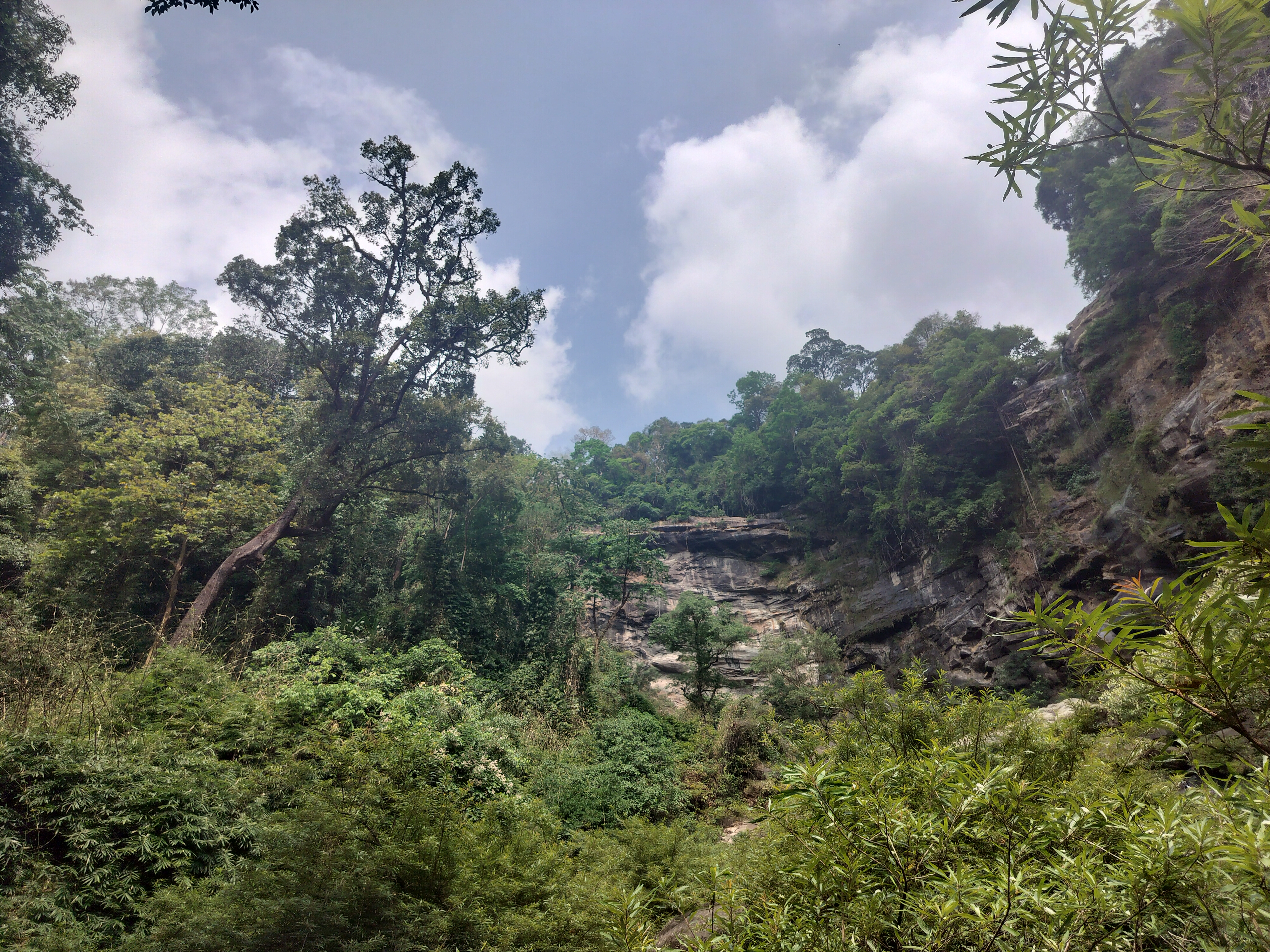In April 2025, a team of researchers from the Faculty of Tropical AgriSciences went on an expedition to Laos thanks to the Erasmus+ KA171 programme. Ladislav Kokoška, Markéta Houdková and Mikuláš Středa participated in the research trip. Their aim was not only to collect samples of medicinal plants used in traditional medicine and samples of neglected and underutilized fruits and vegetables used to prepare local dishes, but also to establish cooperation with scientists from Savannakhet University.
Over the course of a month, the researchers travelled through the central Laos region, visiting nature reserves with colourful forests and waterfalls, and local markets offering a broad spectrum of fruits, vegetables and traditional foods. These are all sources of important knowledge about local plants and their uses. During the stay at Savannakhet University, several meetings were held with staff and students to discuss possibilities for future collaboration in the field of medicinal plants and lesser-known crops. Czech experts also gave several lectures and shared their experience in science, research and education.
In addition to the work activities, the expedition team had the opportunity to get to know the Lao culture, traditions and friendliness of the local people. A very interesting experience was the celebration of the Lao New Year 2568.
The collected plant material will be further processed and tested in the Laboratory of Ethnobotany and Ethnopharmacology (LEE), which operates under the Department of Crop Science and Agroforestry. This laboratory focuses on research into the chemical composition, nutritional properties and medicinal effects of plants, especially those lesser-known from tropical and subtropical regions. The aim is to develop new functional foods, dietary supplements or pharmaceutical products.
The results of research on lesser-known plants from Laos will be published in scientific articles and will also serve as a basis for thesis projects of students studying medicinal and aromatic plants from the Southeast Asian region and evaluating their potential in the treatment of respiratory diseases and colon cancer-related infections.


